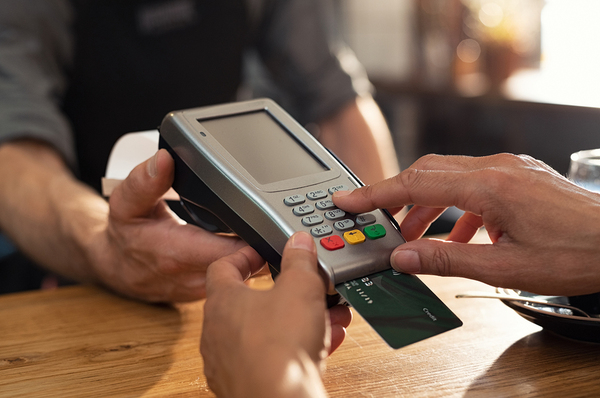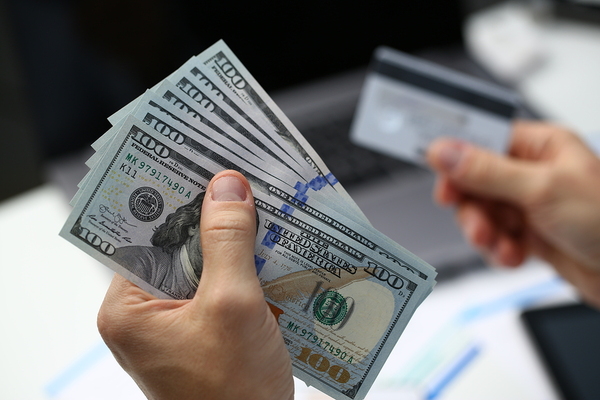View Sale Announcement Detail


Archived news
EXCERPT: The CFPB will hold its symposium on September 19, 2019, to discuss behavioral economics and how it impacts consumer finances.
 The CFPB will be discussing behavioral economics, a model that assesses why people make the choices that they make, including decisions on expenditures.
The CFPB will be discussing behavioral economics, a model that assesses why people make the choices that they make, including decisions on expenditures.
The Consumer Financial Protection Bureau (CFPB) is set to host its symposium on September 19, 2019, that will cover topics surrounding behavioral economics and consumer financial protection. Behavioral economics is used by the CFPB to assess why people make certain decisions and how such choices can affect their lives, including their financial well-being.
What is Behavioral Economics?
Founded by University of Chicago professor Richard Thaler, behavioral economics is aimed at changing the way we think about human behavior. This relatively new field takes pieces from psychology, the decision-making process, judgment, and economics to help us better understand human behavior.
When it comes to economics, people are expected to make choices that would maximize their level of satisfaction and well-being when they're presented with several options, according to the theory of rational choice. Essentially, this theory makes the assumption that people can make the right choices and decisions by assessing the pros and cons of each of their respective options.
The ultimate decision that people make is assumed to be the best one for each particular person if the choice is a rational one that is not affected by emotion or any other external factors.
But oftentimes, decisions and choices are made without rationale. They can be made on impulse while allowing emotions and outside situations to influence the decision-making process. Behavioral economics is based on the notion that humans often make poor decisions because they are irrational.
 What's behind the decision-making process when consumers make a purchase?
What's behind the decision-making process when consumers make a purchase?
This school of thought uses both economics and psychology to discover why people make irrational decisions from time to time, why their behaviors don't follow the rational expectations of economic models, and why they choose one option over another. Humans are emotional beings and easily allow their feelings to distract them and influence decisions that may not necessarily be for the best.
For instance, consumers may be well aware of the fact that they need to spend less and save more in an effort to take hold of their finances and get themselves out of debt. But they may see a commercial on television for an enticing product that triggers them to go out and buy that item, despite knowing that such a choice is probably not for the best. Emotion and rationality can come into play that can affect a person's decision-making process and entice them to make a choice that's not necessarily in their best interests.
CFPB Symposium to Focus on Behavioral Economics
The CFPB develops and enforces certain established regulations that are designed to help consumer finance markets work more efficiently and effectively to empower consumers to keep control over their economic lives. The government entity has at its disposal researchers and social scientists that carefully assesses consumer finance and household behavior.
The symposium will feature CFPB Director Kathleen Kraninger, Deputy Director Brian Johnson, academics, and policy experts to discuss behavioral economics and how it may play a role in consumer economics and the economy as a whole. More specifically, the intention of the symposium is to discuss the foundations of behavioral economics, behavioral law, and consumer financial protection.
The symposium will take place at 9 am at the CFPB's headquarters in Washington, D.C.
Sign up for our newsletter for more related industry news and insights.

